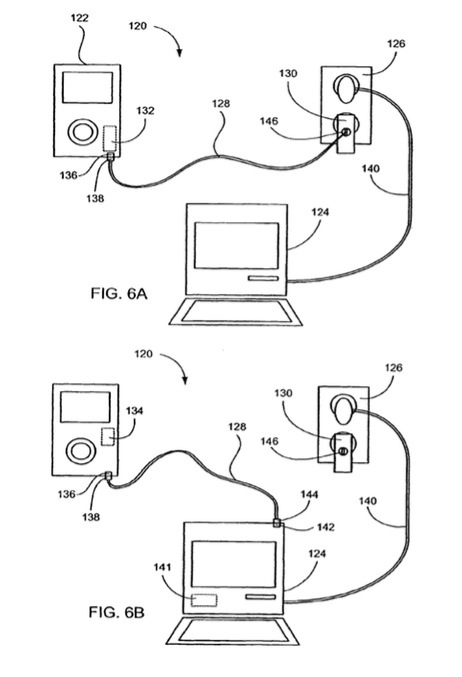As part of an ongoing effort to use technology to enhance flight safety, improve efficiency and protect the environment, Alaska Airlines (http://www.alaskaair.com) is issuing iPads to its pilots. The Apple tablets replace up to 25 pounds of paper flight manuals that pilots are required to carry when they fly.
The iPads are being distributed to all Alaska Airlines pilots, a process that will be complete by mid-June. This follows a successful trial by 100 line and instructor pilots and Air Line Pilots Association representatives, who evaluated the feasibility of using iPads as electronic flight bags this past winter and spring. Alaska Airlines is the first major domestic airline to use the iPad to replace paper manuals.
“We’ve been exploring the idea of an electronic flight bag for several years, but never found a device we really liked,” says Gary Beck, Alaska Airlines’ vice president of flight operations. “When the iPad hit the market, we took one look at it and said this is the perfect fit.”
The iPads contain an app called GoodReader that’s loaded with PDF versions of 41 flight, systems and performance manuals, reference cards, and other materials. The electronic manuals include hyperlinks and color graphics, enabling pilots to find information faster and easier, says Beck.
Updating these reference materials can now be accomplished with one tap on the iPad screen instead of the former, labor-intensive process of replacing individual pages with new ones, he adds. The iPad is considered a Class 1 electronic device, meaning it is stowed during takeoff and landing under Federal Aviation Administration regulations.
In conjunction with replacing paper manuals, Alaska Airlines is exploring the replacement of paper aeronautical navigation charts with electronic versions on the iPad, eliminating the need for every pilot to carry their own copy. The two initiatives, dubbed “Bye, Bye, Flight Bag,” will purportedly save about 2.4 million pieces of paper.
The cost of the project is expected to be offset by lower paper, printing and distribution expenses and reduced fuel consumption as some weight is removed from the aircraft. Further savings are expected from fewer back and muscle injuries caused by pilots carrying flight bags that can tip the scales at 50 pounds or more fully loaded, says Beck.



